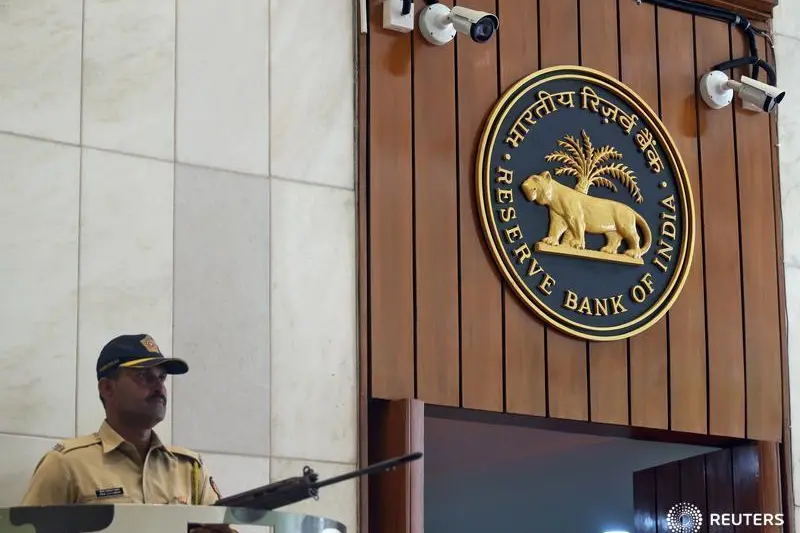PHOTO
MUMBAI - The blows are landing hard and fast on India’s financial system. Having narrowly fended off a run on lenders earlier this year, the country now faces a possible stampede out of debt mutual funds after Franklin Templeton India moved to wind up six managed credit funds worth about $3.4 billion - around 30% of its local assets under management. The Reserve Bank of India might have to backstop, at the cost of constraining future firepower.
Trading lower rated, higher yielding paper is risky when secondary market liquidity is thin, as it is in India. There are few warning signals when the creditworthiness of a security begins to falter, which leaves most investors over-reliant on a local ratings industry not known for its snappiness. Fund managers took on even more risk after Modi's banknote ban in 2016. The move created a flood of deposits, helping to fuel the rapid rise of non-banks which in turn issued more paper.
There was trouble in the market before Covid-19 prompted what Franklin called “unprecedented” redemption pressure. Confidence was rattled by the failure of Infrastructure Leasing & Financial Services back in 2018; this January Franklin had to mark down and segregate troubled telecom operator Vodafone Idea. Any more big fund freezes will prompt investors to pull out funds faster.
The RBI can contain the fallout. It can intervene indirectly by forcing banks to lend or buy up paper from mutual funds. However, that could provoke a decline in values that could set off another panic. The better option is letting them borrow directly from the central bank using their securities as collateral, but that is not costless either.
Unlike the U.S. Federal Reserve, India’s central bank has limited firepower. Everyone from carmakers to hotels are struggling, and New Delhi is wary of bailouts. No policymaker wants to be left holding dubious quality mutual fund paper, and the more ammunition the RBI uses, the more vulnerable the rupee will look. There is a dole queue forming at the central bank’s door, and mutual funds can only hope to be first in line.
On Twitter https://twitter.com/ugalani
CONTEXT NEWS
- Franklin Templeton India said on April 23 that it would wind up its suite of six “yield-oriented” managed credit funds with immediate effect.
- The decision was made “in light of the severe market dislocation and illiquidity caused by the Covid-19 pandemic” and in order to “protect value for investors via a managed sale of the portfolio,” Franklin Templeton said in a statement.
(Editing by Pete Sweeney and Jamie Lo) ((una.galani@thomsonreuters.com; Reuters Messaging: una.galani.thomsonreuters.com@reuters.net))





















